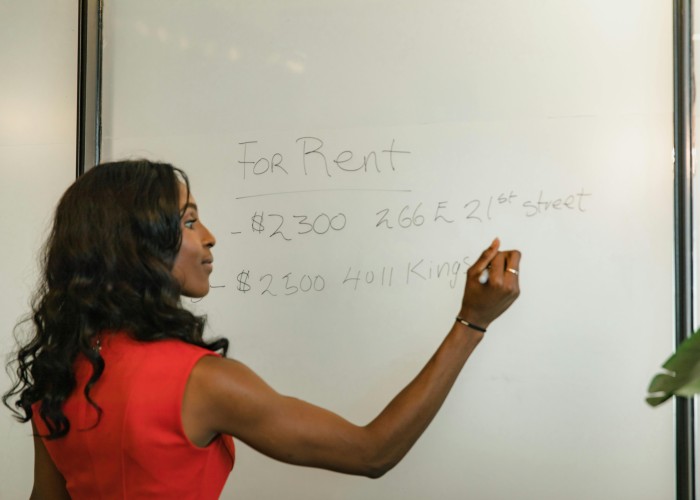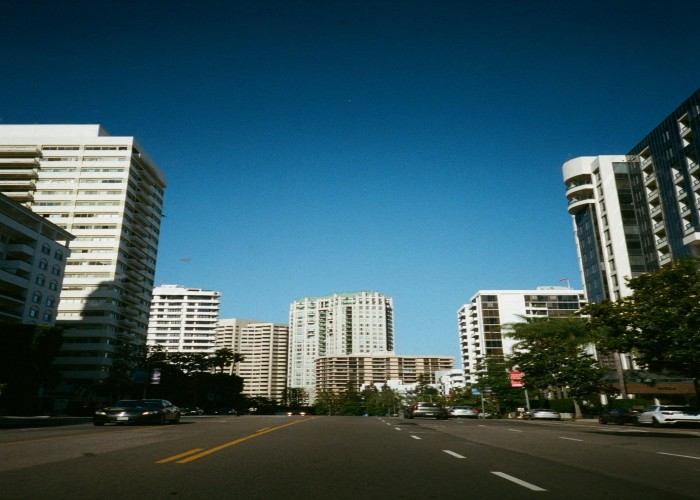Visit Our In-Demand General Blog
Visit Our In-Demand Tour & Travel Blog
Let’s continue to the blog..
The real estate market has always been one of the strongest pillars of the global economy, but it is also one of the most talked-about when uncertainty looms. Home prices, interest rates, and demand often fluctuate, leading to speculation about whether a real estate market crash could be around the corner. Real Estate Market Crash: Is It Coming?
With rising housing costs, affordability challenges, and shifting economic conditions, many people wonder: Is a crash really coming, or is the market just going through another cycle?
In this article, we’ll break down the possibilities, the warning signs, and what buyers, sellers, and investors should keep in mind.
What Exactly Is a Real Estate Market Crash?
A real estate market crash occurs when property values fall sharply across regions, often triggered by economic downturns, high unemployment, or financial system instability. Unlike small price corrections, a crash can wipe out significant home equity, cause foreclosures to rise, and slow down construction activity.
The last major example was the 2008 housing crisis, when home values plummeted due to risky lending practices and an oversupply of homes. Since then, people have remained cautious whenever home prices rise quickly or when affordability weakens.
Current State of the Housing Market
To understand if a crash is near, it’s important to look at the current market conditions. Real Estate Market Crash: Is It Coming?
- High Home Prices: Many regions in the US have seen record-breaking property prices in recent years.
- Interest Rate Pressures: Rising mortgage rates have reduced affordability for many buyers.
- Low Housing Supply: Despite demand cooling in some areas, the shortage of available homes has kept prices from falling drastically.
- Rental Market Growth: With fewer people buying, demand for rentals has surged, supporting real estate stability.
While challenges exist, these conditions show a market under stress rather than one collapsing.
Factors That Could Trigger a Market Crash
Though the market hasn’t crashed yet, there are risks that could tip it toward instability:
1. Rising Interest Rates
When borrowing costs go up, fewer buyers qualify for mortgages, reducing demand. Extended periods of high interest rates could slow sales and pressure prices.
2. Economic Recession
If job losses rise and consumer spending falls, fewer households will be able to afford homes, leading to declining demand.
3. Oversupply of Homes
If new construction outpaces demand, prices could soften. However, in most regions, inventory remains tight.
4. Debt and Foreclosures
If too many homeowners struggle to keep up with mortgage payments, an increase in foreclosures could flood the market with properties, driving prices down.
Why a Crash May Not Happen Soon
While the risks are real, several factors are preventing a 2008-style crash:
- Stricter Lending Standards: Mortgage regulations are stronger today, reducing risky lending.
- Limited Housing Supply: Builders are not overproducing homes, keeping inventory in check.
- Strong Rental Demand: High rental demand supports property values, even when home buying slows.
- Homeowner Equity: Many owners have significant equity, making them less likely to default on loans.
These elements suggest that while the market may face corrections, a full-scale crash may not be imminent.
Corrections vs. Crashes: Knowing the Difference
It’s important to separate a market correction from a market crash.
- Correction: A moderate drop in prices (5-10 percent) due to affordability concerns or interest rate hikes.
- Crash: A steep decline (20 percent or more) that significantly impacts homeowners, investors, and lenders.
Current indicators suggest the real estate market is more likely to face corrections than an outright crash.
Impact on Buyers
For buyers, fears of a crash can create hesitation. However:
- If prices stabilize, this could improve affordability.
- Buyers may gain more negotiating power in a slower market.
- Locking in a mortgage before further rate hikes could be beneficial.
Those waiting for a massive price drop may be disappointed, but smaller declines could still create opportunities. Real Estate Market Crash: Is It Coming?
Impact on Sellers
Sellers face different challenges:
- Homes may take longer to sell in a cooling market.
- Pricing realistically is essential to attract buyers.
- Some sellers may choose to hold their properties until conditions improve.
While the days of bidding wars may have slowed, sellers in areas with strong job markets still hold an advantage.
Impact on Investors
Investors must adapt to changing market dynamics:
- Buy-and-Hold Investors: Rising rents can make long-term property ownership profitable.
- Flippers: May face tighter margins if home prices decline.
- Commercial Real Estate: Office spaces and retail properties face unique pressures due to remote work and consumer behavior shifts.
Flexibility and careful market research are crucial for investors in uncertain times.
Key Signs to Watch for in 2025
Looking ahead, here are the major signals to monitor when predicting whether a crash could happen:
- Federal Reserve Rate Decisions – Mortgage rates will follow these trends.
- Unemployment Rates – Higher unemployment typically reduces housing demand.
- Housing Inventory – Watch for signs of oversupply.
- Consumer Confidence – If buyers lose confidence, demand could weaken.
- Regional Variations – Some cities may cool faster than others depending on local economies.
Expert Consensus
While no one can predict the future with certainty, most economic trends point toward a slowing but resilient market rather than a collapse. Housing markets are cyclical, and periods of rapid growth are often followed by cooling phases—but this doesn’t always equal a crash.
Final Thoughts
The question “Is a real estate market crash coming?” doesn’t have a simple yes or no answer. What’s clear is that the market is under pressure from higher interest rates and affordability challenges. However, strong fundamentals like limited supply, responsible lending, and steady rental demand provide stability.
Instead of expecting a crash, it may be more realistic to anticipate a period of adjustment—a cooling market where buyers gain more choices, sellers face slower sales, and investors must carefully evaluate opportunities.
For anyone involved in real estate—whether buying, selling, or investing—the key is to stay informed, adapt strategies, and focus on long-term value rather than short-term fluctuations.
FAQs: Real Estate Market Crash
1. What causes a real estate market crash?
Crashes are usually caused by economic downturns, rising unemployment, high debt, and oversupply of homes.
2. Is the housing market expected to crash in 2025?
Current trends suggest a slowdown or correction, but not a major crash like 2008.
3. How do interest rates impact the housing market?
Higher rates reduce affordability, slowing demand and sales, while lower rates boost activity.
4. Will home prices drop in the near future?
Prices may cool in some regions, but widespread declines are less likely due to limited supply.
5. Should I wait to buy a house if a crash is coming?
Waiting for a crash can be risky. Smaller corrections are possible, but housing remains a long-term investment.
6. How would a crash affect renters?
If fewer people buy, rental demand increases, which can keep rents stable or rising.
7. Are real estate crashes common?
Major crashes are rare. Most markets experience corrections rather than deep collapses.






Leave a Reply